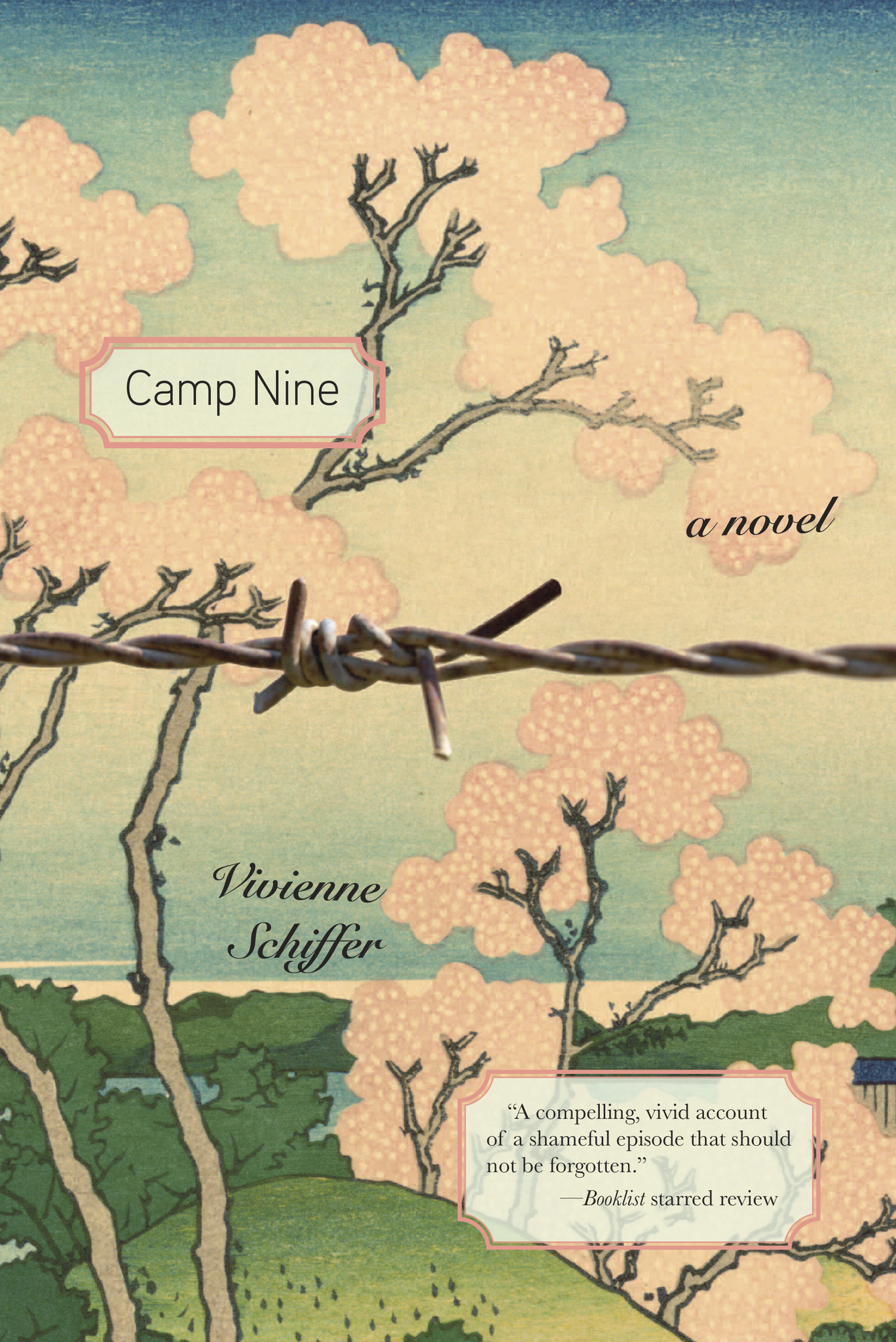
In 1940’s Arkansas, twelve year old Chess Morton lives with her widowed mother in the tiny community of Rook. Her days are quiet and secluded until the appearance of a prison camp for Americans of Japanese descent makes Rook the fourth largest city in the entire state – all of it behind barbed wire. Her life becomes intertwined with those of two young prisoners and an American soldier mysteriously connected to her mother’s past. As Chess watches the struggles and triumphs of the strangers and sees her mother seek justice for these people who were brought to Arkansas against their will, she uncovers surprising and troubling truths about her family’s painful past.
Buy the Book
While you’re here, please visit this incredible project entitled Rohwer Reconstructed: Interpreting Place Through Experience, created by the Center for Advanced Spatial Technology (“CAST”), a collaboration among the University of Arkansas, the Central Arkansas Library System, Arkansas State University, and others, funded in part through generous grants from the National Park Service. This amazing project has used modern technology to visualize the Rohwer Camp’s site as it appeared in 1944.
